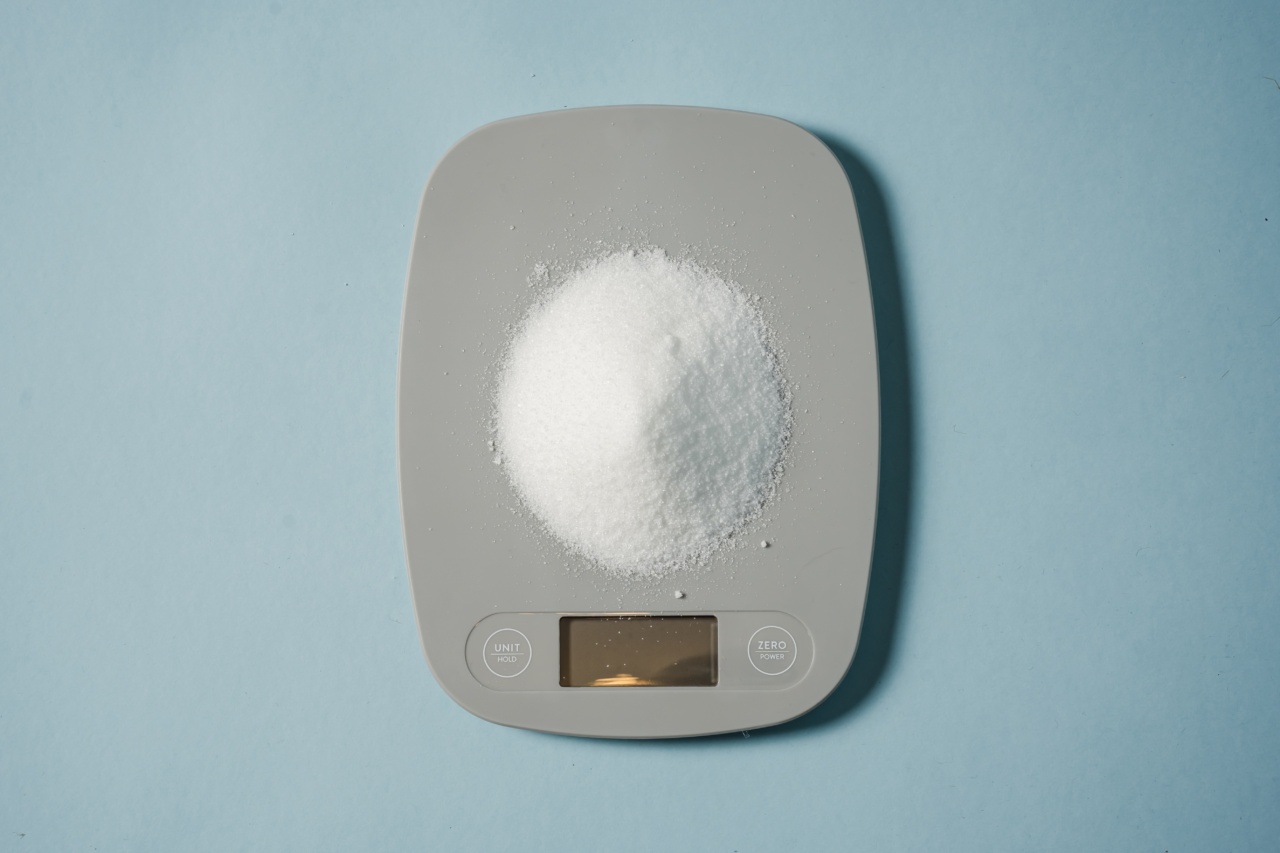When it comes to weight loss, most people tend to associate it with cutting calories and eating smaller portions.
However, did you know that there are certain calorie-dense foods that can actually aid in your weight loss journey? These foods not only provide the necessary nutrients but also help you feel fuller for longer periods, preventing you from overeating. In this article, we will explore five calorie-dense foods that you can incorporate into your diet to lose weight and feel satiated.
1. Avocado
Avocados are often misconstrued as being unhealthy due to their higher fat content. However, the healthy fats present in avocados, such as monounsaturated fats, can actually help in weight loss and keep you feeling full.
In addition to being a good source of healthy fats, avocados also contain fiber, which adds bulk to your meals and aids in appetite control. Adding avocado slices to salads, sandwiches, or even blending them into smoothies can help you incorporate this calorie-dense food into your daily diet.
2. Nuts and Nut Butters
Nuts are packed with healthy fats, protein, and fiber, making them an ideal option for weight loss enthusiasts. Their high protein content helps in curbing hunger and promoting satiety, while the fiber content aids in digestion.
Opt for nuts like almonds, walnuts, or peanuts, and incorporate them into your meals or snack on them throughout the day. Nut butters, such as almond or peanut butter, can also be a great addition in moderation. Spread them on whole grain toast or use them as a dip for fruits or vegetables.
3. Oily Fish
Oily fish like salmon, trout, and sardines are not only rich in essential omega-3 fatty acids but also high in protein. These healthy fats not only provide satiety but also support a healthy heart and brain function.
The protein content in fish helps in building lean muscle mass, which can aid in weight loss by increasing your metabolic rate. Aim to include oily fish in your diet at least twice a week to reap the benefits.
4. Whole Eggs
Contrary to popular belief, whole eggs can be a part of a healthy diet and can even aid in weight loss. They are a great source of protein, vitamins, minerals, and healthy fats. Eggs are highly satiating and can keep you feeling full for hours.
The combination of healthy fats and protein makes eggs an excellent choice for breakfast or as a protein source in your meals. Remember to opt for whole eggs, as most of the nutrients are found in the yolk.
5. Quinoa
Quinoa is a popular whole grain that is high in both protein and fiber. High-fiber foods like quinoa can help you feel fuller for longer periods, reducing the likelihood of overeating.
It also contains essential amino acids, making it a complete protein source. Quinoa can be used as a base for salads, served as a side dish, or utilized in various recipes as a healthy alternative to rice.
Incorporating Calorie-Dense Foods Mindfully
While these calorie-dense foods can aid in your weight loss journey, it is important to consume them mindfully and in appropriate quantities. They should be a part of a balanced diet that includes a variety of nutrient-rich foods.
Monitoring portion sizes and keeping track of your overall calorie intake is crucial for successful weight loss.
Conclusion
Adding these five calorie-dense foods to your diet can help you lose weight and feel fuller for longer periods. The healthy fats, protein, and fiber content in these foods aid in satiety and can prevent overeating.
Remember to incorporate them in moderation, and balance them with a variety of other nutritious foods and regular exercise for effective weight loss and better overall health.



























